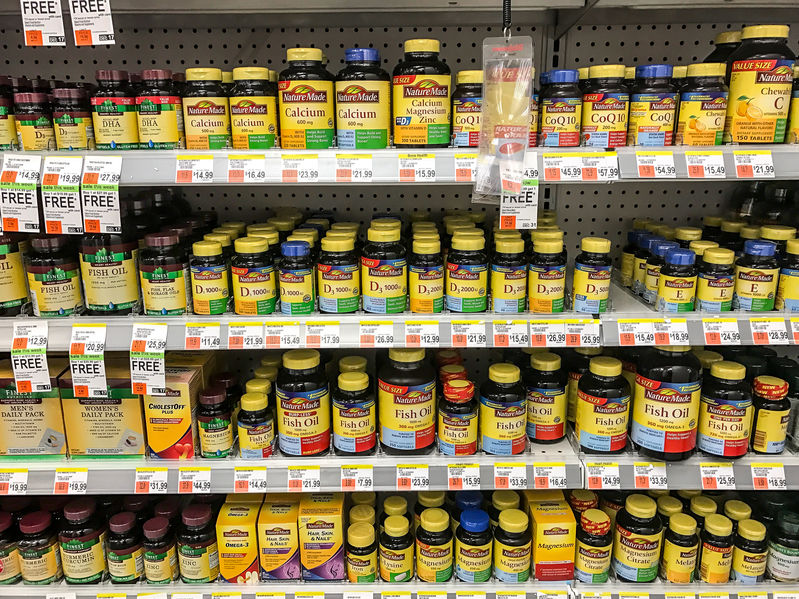Can I bring vitamins to Japan?

Can I bring vitamins to Japan?
A Guide for Health-Conscious Travelers
As international travel becomes more common, so too does the need for travelers to maintain their daily routines, even while abroad. One of the critical components of these routines often includes taking vitamins and dietary supplements. But can you bring these supplements with you when you visit Japan? Let’s delve into this topic in this blog post.
Understanding the Basics: Vitamins and Supplements
Vitamins are organic compounds essential for maintaining good health. They play vital roles in various body functions, from bolstering the immune system to aiding in energy production. Many people take vitamin supplements daily to ensure they are getting the recommended amount of these essential nutrients.
Importing Vitamins into Japan
Japan has rigorous regulations regarding drug and supplement importation to ensure public safety. However, when it comes to vitamins, the process is relatively straightforward.
Travelers can bring up to a two-month supply of vitamins or supplements into Japan for personal use without needing any specific permissions. This applies to most common vitamins like vitamin C, vitamin D, multivitamins, and others.
If your trip extends beyond two months and you need to carry more than a two-month supply, you will be required to apply for a “Yakkan Shoumei,” a medication import certificate. The application process for the Yakkan Shoumei includes providing details about the vitamins, their quantity, your travel itinerary, and a letter explaining your need for the vitamins.
Non-compliance with these regulations can result in the confiscation of your vitamins or potentially more severe penalties. As a precautionary measure, it is advisable to keep your vitamins in their original packaging and carry a copy of a doctor’s note or similar documentation stating the need for the vitamins.
Availability of Vitamins in Japan
Japan has a wide range of vitamins and supplements available over the counter. Major pharmacies and health stores carry an array of vitamins and supplements, often both domestic and imported brands. So if you forget to pack your vitamins or need more during your stay, rest assured that you should be able to find what you need within the country.
Are vitamins and supplements sold in the USA available in Japan?
In Japan, you can indeed find a broad range of vitamins and supplements, including both domestic and international brands. Major pharmacies, health stores, and even convenience stores carry an assortment of vitamins and supplements.
However, while some popular brands from the United States may be available in Japan, not all will be. This is due to various factors including import regulations, market demand, and distribution agreements.
For example, you’re likely to find familiar names such as Centrum or Nature Made in larger cities or at international pharmacies. However, it’s also worth noting that these supplements might not have the exact same formulation as their counterparts in the United States, due to different health and safety regulations or consumer preferences in Japan.
Moreover, some types of supplements may be less commonly found in Japan compared to the U.S. For instance, melatonin, often used as a sleep aid and sold over-the-counter in the U.S., is classified as a prescription medication in Japan.
In case a specific brand or formulation isn’t available, there are plenty of Japanese brands that offer similar products. Before switching to a different brand or type of supplement, it may be advisable to consult with a healthcare provider to ensure it meets your specific health needs.
So, while you may not find every brand or type of vitamin or supplement that is available in the U.S., you will still have many options to choose from during your stay in Japan.
It’s important to note that while many international supplements can be purchased in Japan, they might not always have the exact same formulations due to different health and safety regulations or consumer preferences in Japan. Before purchasing, ensure to check the product details thoroughly.
Also, remember that while it can be comforting to stick with familiar brands, Japan has numerous domestic brands offering high-quality supplements. Brands like DHC, Fancl, and Metabolic are popular and widely available. They provide a range of products from multivitamins to specialty supplements.












